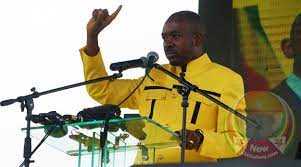
Nyashadzashe Ndoro
Politics, especially in the African context, has always been described as a dirty game. However, ultimately, politics is about who gets what, when and how.
The August 23-24 harmonised elections in Zimbabwe had a number of glaring shortcomings such as late delivery of ballot papers to some polling stations, particularly in urban constituencies.
The opposition Citizens Coalition for Change disputed the outcome in total and called for fresh polls supervised by the southern African Development Community, arguing that the Zimbabwe Electoral Commission was compromised.
As much as the opposition disputed the outcome of the plebiscite, they failed to lodge an election challenge at the Constitutional Court, also arguing the courts were captured, perpetuating the cycle of disputed elections.
However, the notoriety and double standards of the opposition is exposed by them taking Oath in Parliament and local authorities, contrary to their earlier sentiments that they had rejected the election outcome in “total”.
The logical explanation of CCC’s obvious double standards was that they were unselfishly protecting the “democratic space”.
Ironically, the opposition’s purported claims of protecting the “democratic space” did not hold substance in the eyes of critics and some political analysts who questioned the opposition’s lack of having structures and a visible constitution.
CCC leader, Nelson Chamisa defended the party for not having structures, arguing that he was trying to protect the party from purported infiltration.
Enter Tshabangu
The euphoria of opposition office bearers in Parliament and local authorities was, however, short-lived when one opposition activist, Sengezo Tshabangu emerged claiming he was the party’s interim secretary-general before he recalled several elected legislators, councillors, as well as senators and proportional representation office bearers.
Tshabangu went on to produce a constitution he said was of the CCC, which cemented that he was the interim secretary-general of the party. Chamisa was quick to rebuke Tshabangu as an imposter sponsored by Zanu PF to dismantle the opposition.
Related Stories
Public opinion was divided over the identity and position of Tshabangu. This confusion has been buttressed by the fact that the CCC had failed to produce its constitution. The Speaker of Parliament, Jacob Mudenda had no choice but conclude that Tshabangu’s recalls were a product of factional fights similar to those of 2020, which led to the decimation of the MDC Alliance at the instigation of Douglas Mwonzora.
The tall story and lack of strategy
After snubbing the ConCourt to challenge the victory of President Emmerson Mnangagwa in the presidential race, claiming the courts were captured, Chamisa had to approach the same judicial institutions in matters involving the MPs and councillors who were recalled by Tshabangu.
They literally exhausted all legal routes, the High Court and Supreme Court trying to retain seats in Parliament and local government. As usual, the affected members failed to prove that they had ceased to be CCC members because there was no constitution to back their claims.
Ironically, the first of the batch of recalled MP went on to file their nomination papers under CCC, the same party that Tshabangu had assumed authority over.
It was so predictable that Tshabangu was either going to challenge the acceptance of their nomination papers or recall them after the by-election. But he successfully chose the former. Consequently, Zanu-PF won seven seats out of the nine National Assembly seats that were vacant.
Repeating the same mistake
The second batch by-elections is supposed to be held on the February 3, 2024. The nomination court sat on Monday December 18. The opposition did not hesitate to repeat the same mistake of fielding candidates under the name which is responsible for all the controversy.
Only one candidate, Willard Madzimbamuto chose to be safe and filed as an Independent in Seke. He is likely to face a backslash from the party and considered a rebel before being expelled.
What Chamisa and CCC need to do
The ship is slowly sinking. A collective strategy is needed soon. Instead of fighting each other in the party, creating more enemies, Chamisa needs to lead a reconciliation process to bring back estranged and sidelined senior leaders such as Tendai Biti, Welshman Ncube, Thokozani Khupe and Chalton Hwende to the drawing table and craft a new strategy to save the party.
Politics of cynicism is no longer needed. A congress is also supposed to be held and pave the way for the installation of clear structures and a new constitution through an inclusive democratic process.










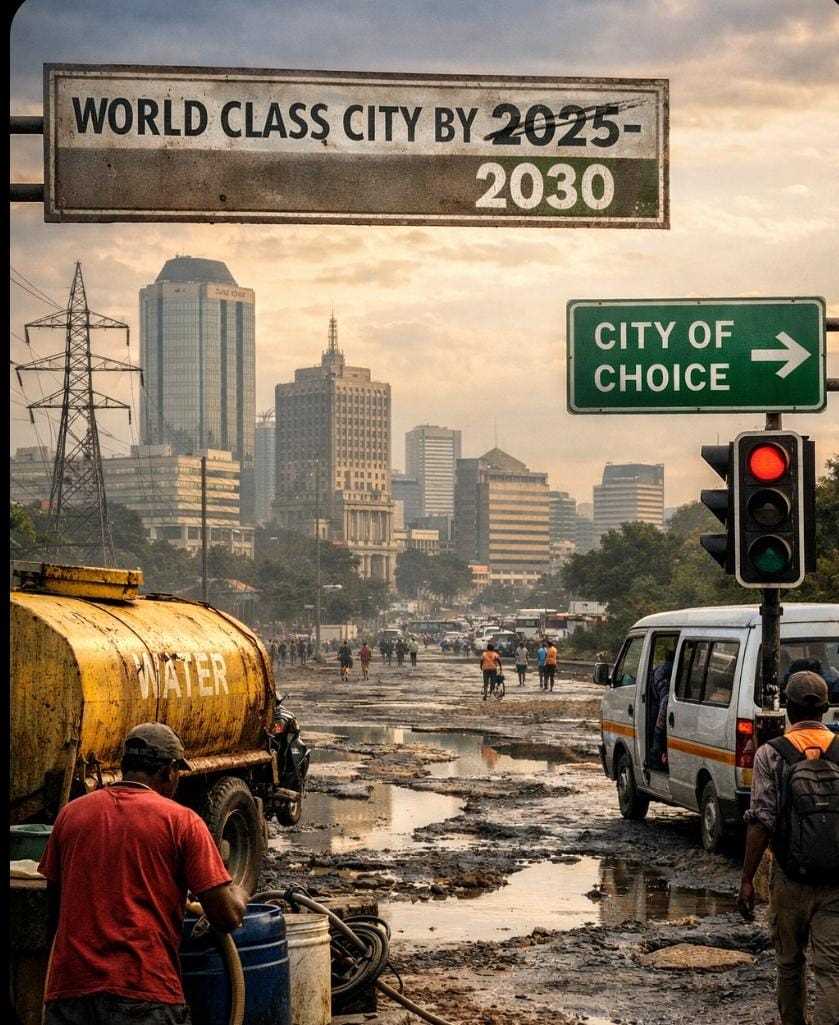
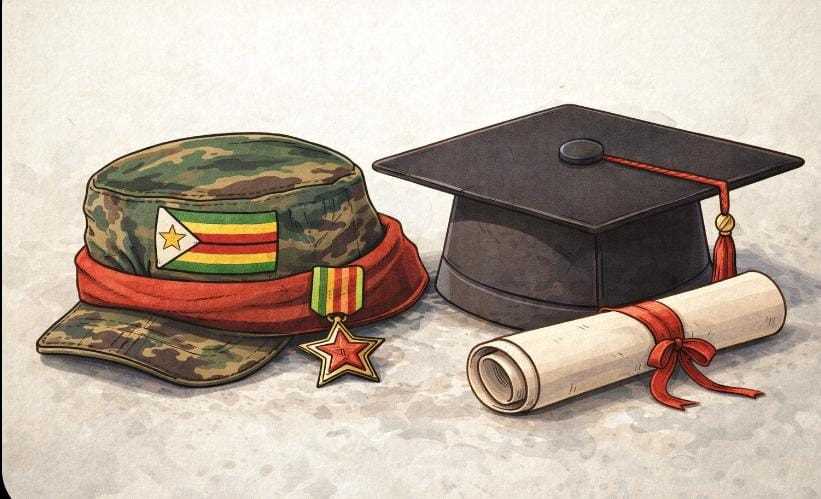
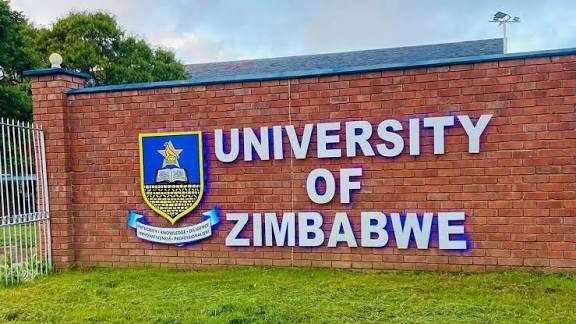

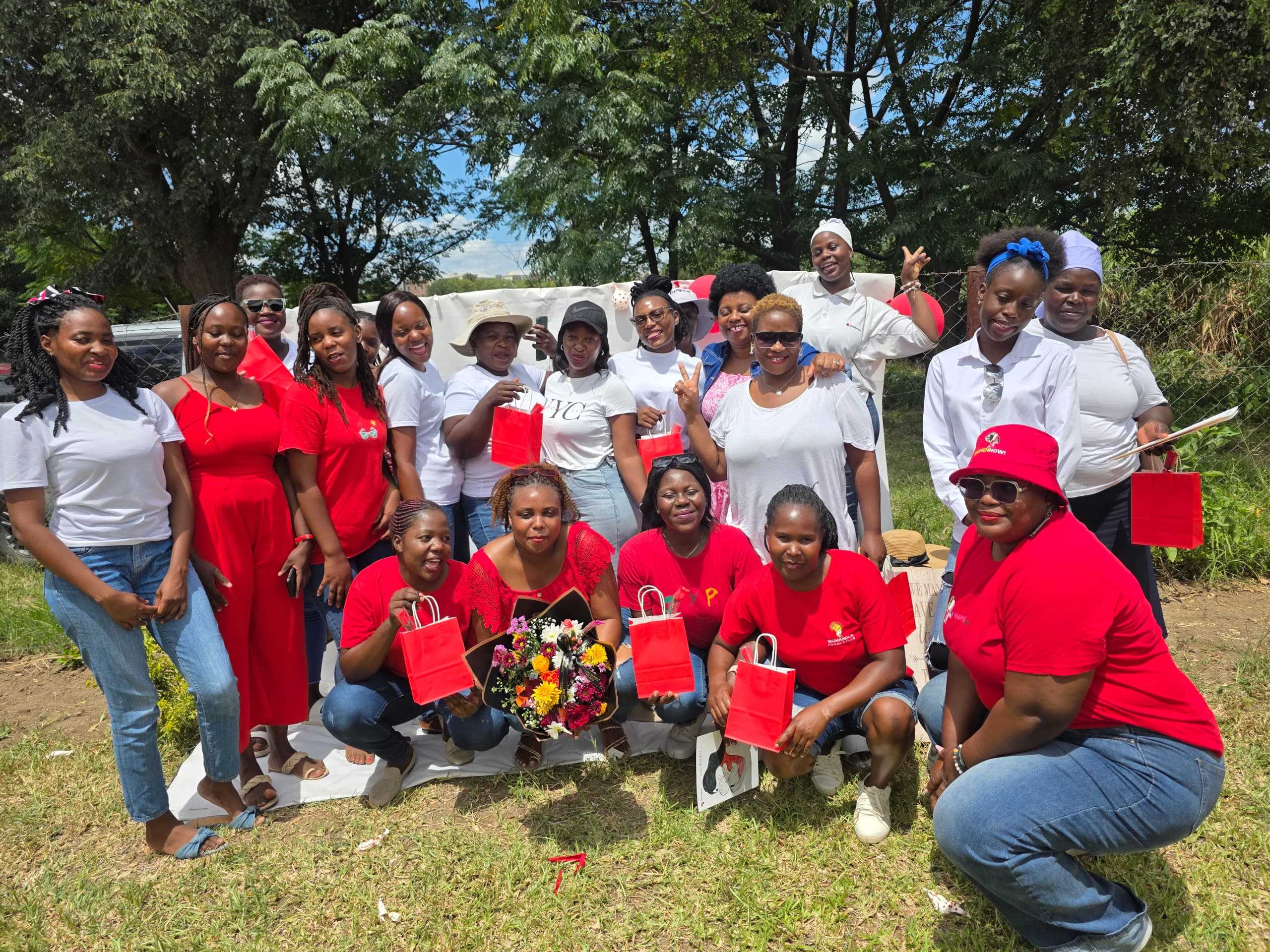
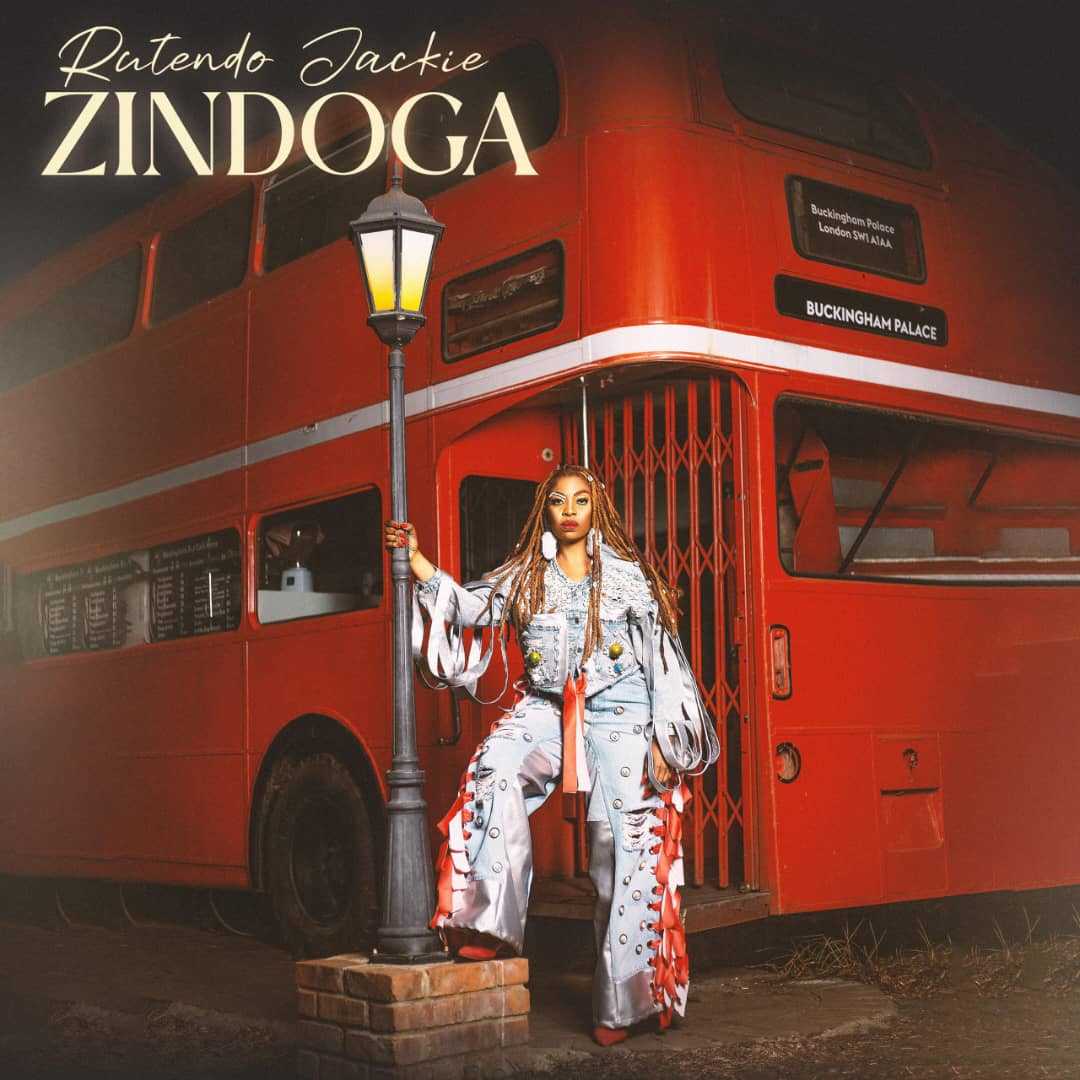

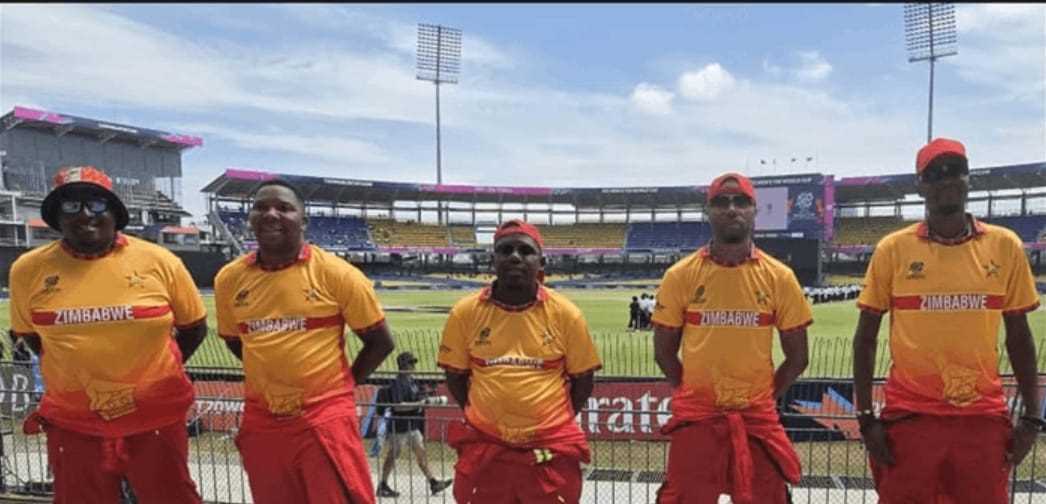


Leave Comments